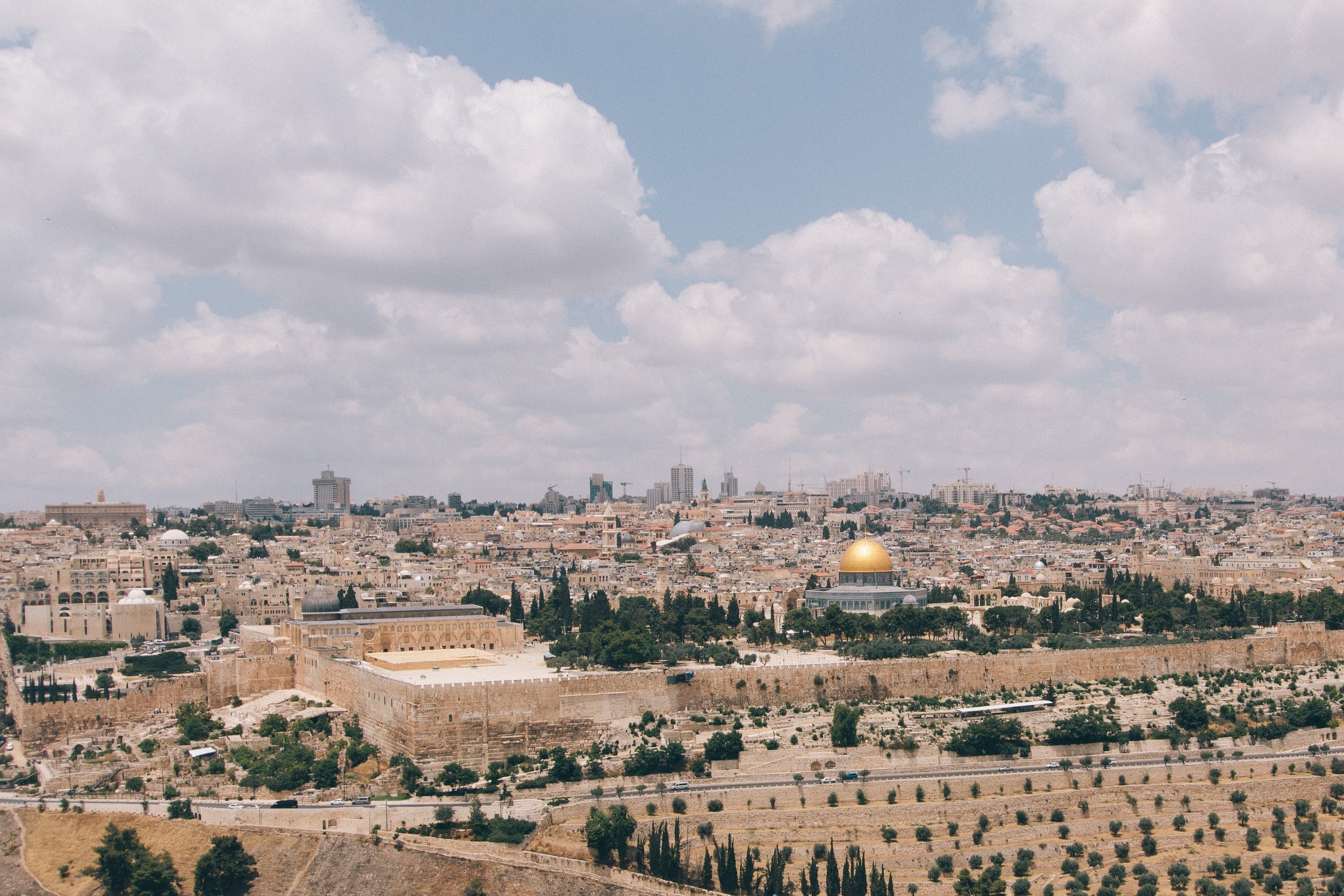Israel: Nation, People, Family
To define Israel in a single sentence would do a disservice to the complexity of what it represents to us Catholics.
Israel is at once a very real, historical nation, which was chosen by God in a special way, and a supremely important, pervasive symbol that modern-day Christians can learn from and should pay attention to. There are many layers to Israel’s identity, to be sure, but I’d like to highlight three for the purposes of this response: Israel as a nation, Israel as a people — and, most importantly, Israel as a family.
It is this familial nature that reveals and focuses the nature of God’s mercy working throughout the Old Testament, even as we watch His chosen people endure and cause all sorts of suffering in His name (whether rightly or wrongly). For the Old Testament is not simply of book of morals intended to instruct Christians in the way of Christ (though it contains passages that do); it is just as much a chronicle of a family — God’s family — which shows how they foreshadow and pave the way for the coming of Christ.
By viewing the contents of Genesis and Exodus (and beyond) in this light, we see a story of an ever-faithful God continuing to extend grace to His family. Even when they cease to be faithful, He offers reconciliation. He disciplines them, for their own benefit, but He also guides and consoles them, hand perpetually extended, waiting for their return … waiting for our return. The covenant God made with Israel was ultimately a covenant between a loving Father and his children, and it was perfected in the new covenant that now covers us in His redeeming Blood.
As I ponder the nature of Israel’s identity, and the way the story of Israel plays out, I cannot help but see a slew of personal applications. For in many of the accounts of Israel, I cannot help but see myself mirrored. I can relate to their weakness and their failures, their disobedience and their disloyalty. So, the mere fact that God chose to orchestrate His divine plan through the nation of Israel, in spite of all this, is in and of itself a testament to God’s abundant grace.
I believe we can take comfort in that realization: in recognizing our connection to Israel’s shortcomings as well as our access to the abundance of grace God has extended to us, we can see what otherwise might be a tragedy as an opportunity for redemption.
As we see time and time again throughout Scripture, every moment of despair is an opportunity for divine restoration.
If you have questions about Catholicism and would like to personally discuss them, we’d love to chat. Please contact us and someone on our team will reach out shortly to connect with you.

